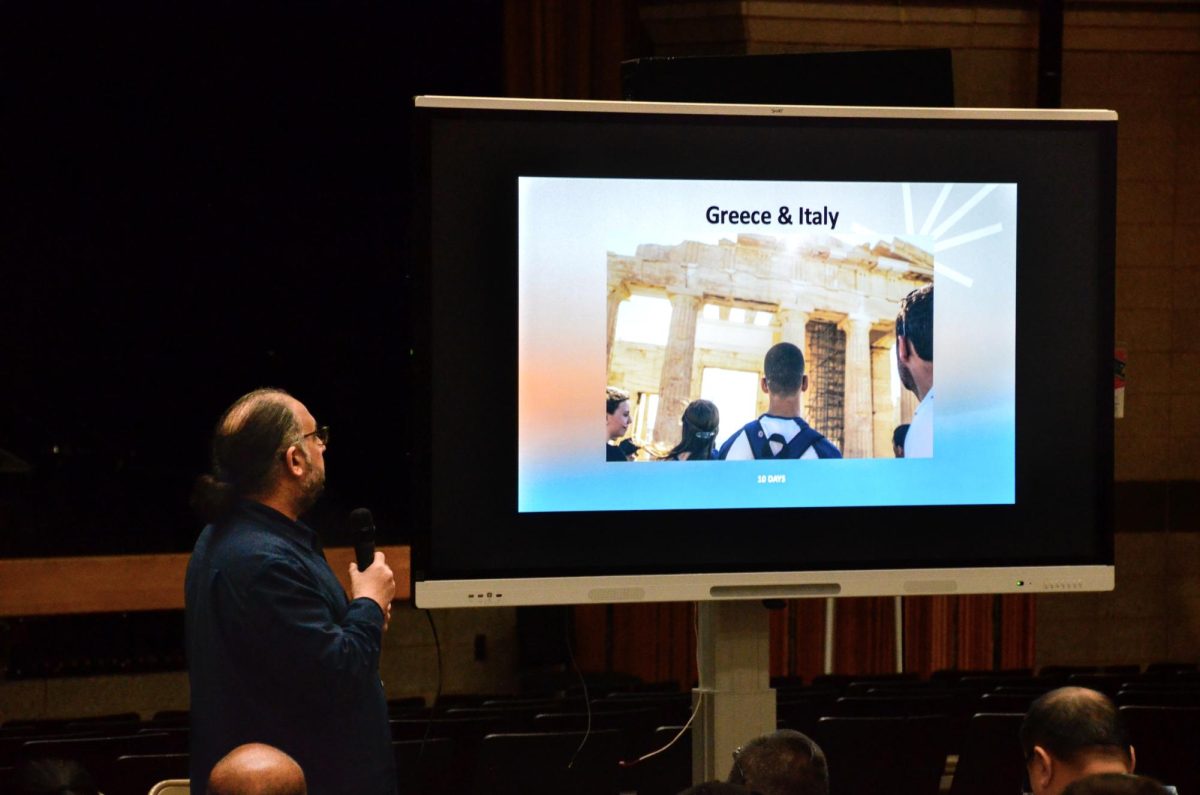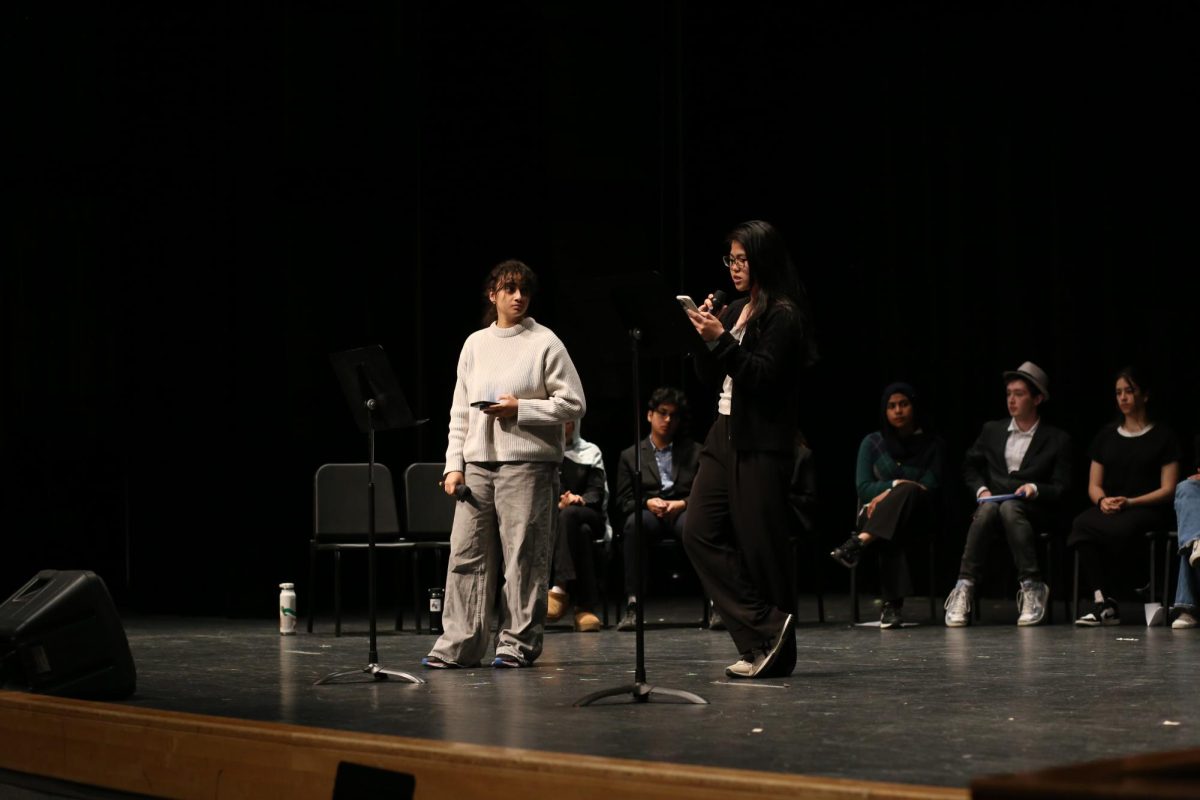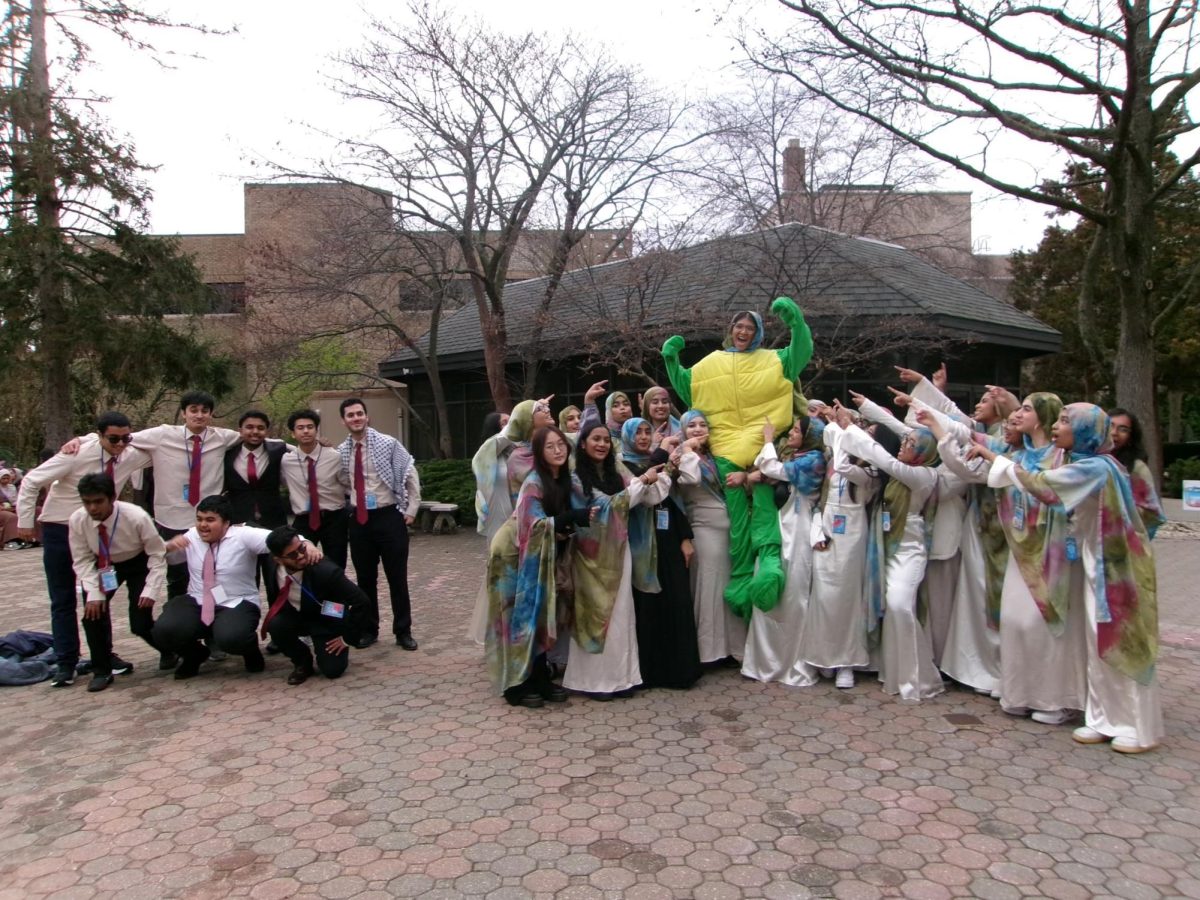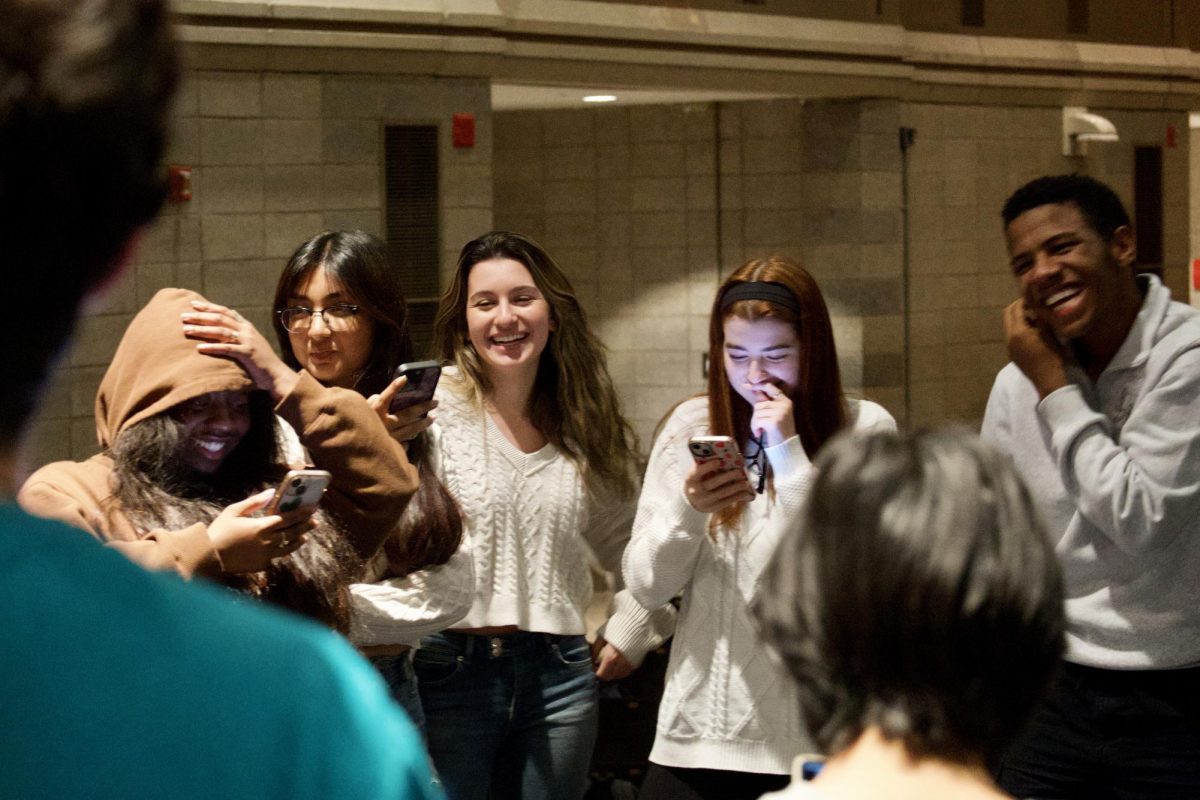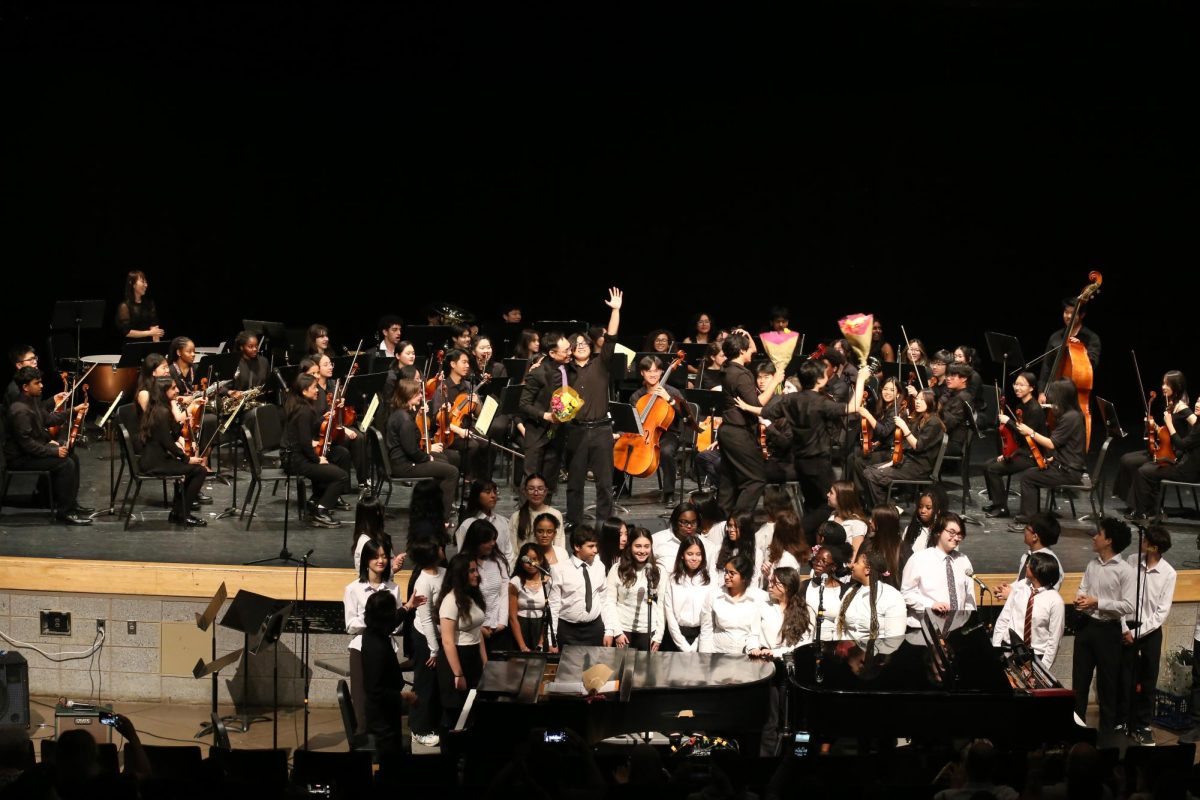
With an era of satirical news led by Jon Stewart and Stephen Colbert now coming to an end, students are reflecting on just what these programs brought to the youthful minds that made up a large portion of their audience.
Since 1996, audiences across the U.S. and around the world have become avid viewers of one of Comedy Central’s great success stories, !e Daily Show with Jon Stewart. Upon taking the helm of the program, Stewart started to bring political commentary into the show’s regular content. Stephen Colbert, one of !e Daily Show’s “correspondents,” began his own news parody, !e Colbert Report, in 2006. Others, such as John Oliver and Larry Wilmore, have continued the tradition of these shows, starring on Last Week Tonight and !e Nightly Show respectively.
In late 2014, Colbert aired his last episode; now 16 years after the Daily Show began, the last show date is set for the coming August.
With comedian Trevor Noah set to take Stewart’s place hosting the Daily Show, senior Brian King commented, “I find him to be a hilarious individual… I think the show itself has impacted the minds of both young and old [individuals] to go out and really go into depth when it comes to research because certain news stations may only touch the surface of an article that they want the public to see, and that there will always be a side that can be brought to light.”
Sophomore Ben Pulatov commented on the shows saying, “I like those shows because they help liven up my day. A”er a long day, hearing jokes about other people’s mistakes always seems to take my mind off of things. They certainly find a way to express the same material in a way that is certainly both informative and entertaining.”
Senior Hema Venkata said Stewart caught her attention by “pointing out how ridiculous some things are” and credits The Daily Show as a reason she started paying more attention to politics.
Social Studies teacher Alex Wood believes that the shows are successful because people can understand their context. “I think the genius of the Daily Show and the Colbert Report is that [they are] accessible,” he commented.
Junior Briana Carreras said, “Satire can be seen as offensive, but it can also shine light on something that we should be focusing on. It’s how it’s used that determines whether or not it can alter a student’s outlook.”
“People are always trying to express their ideas and feelings and also expose situations through art. !ere are a lot of controversial pieces of art that are exposing things that are going on,” said English teacher Georgia Brandeis.
However, sophomore Erela Datuowei feels differently, saying, “I don’t think they have much of a legacy to leave. It was admirable to call out social and political issues using a humorous front but they’re numerous other late night talk shows that do the same without going to the extremes that the Daily Show does. It was witty and scandalous but a lot of the times it came off as derisive and critical commentary.”


